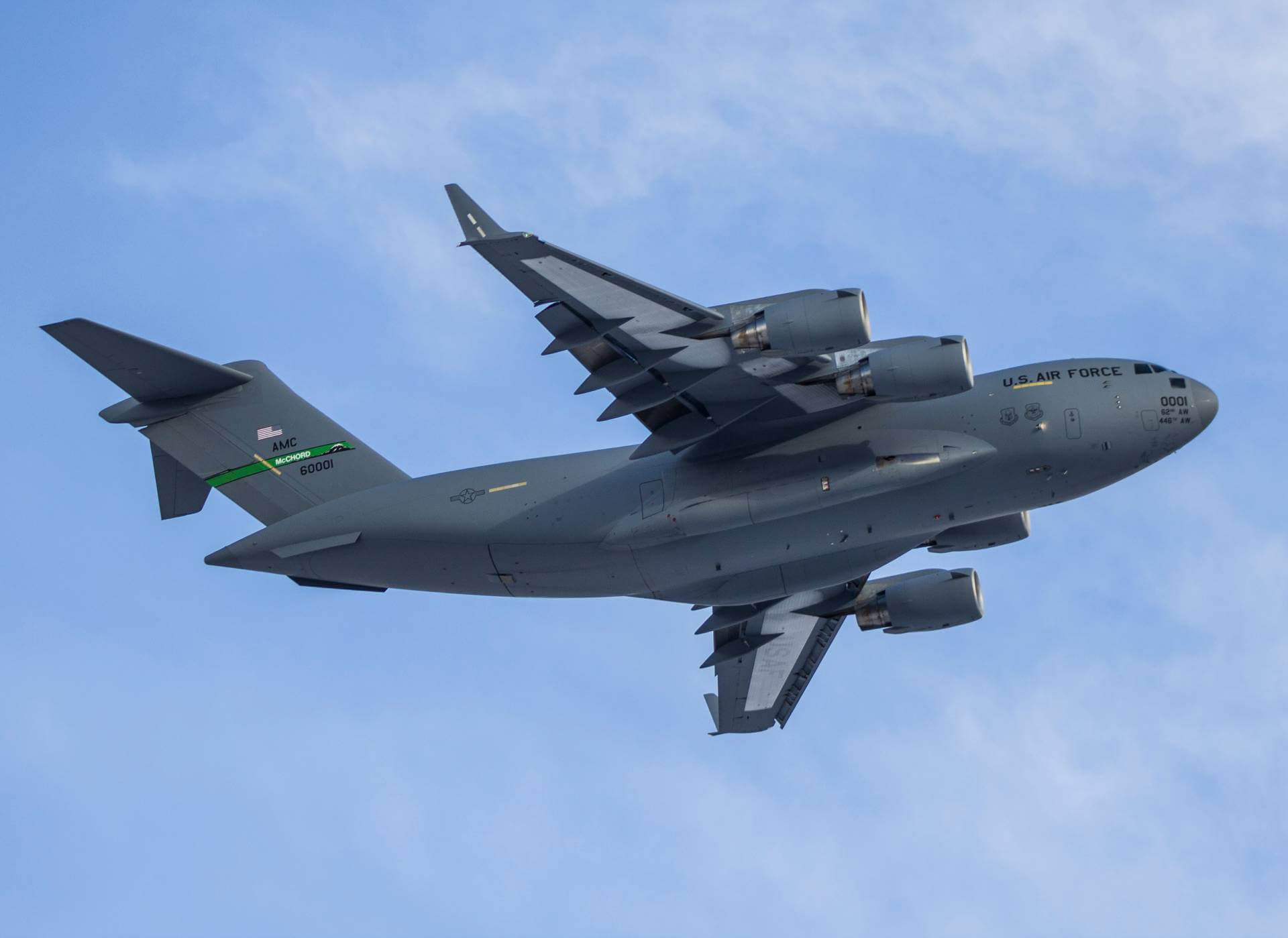In cases of chaotic and amorphous tragedy, like that of NATO’s invasion of Afghanistan or Russian aggression against Ukraine, we can turn to international law to bring clarity and help us sort our right and wrong. But the slaughter perpetrated earlier this month by a group like Hamas seems to be different in kind. Political and legal commentators were left in a state of helplessness, their pre-existing categories utterly inadequate to evaluate the causes and consequences of the event. In the face of an atrocity of such magnitude, all such analyses appear insufficient. The only thing to be said is that it was an assault on human dignity itself. Nothing more. Reducing the worth of those killed and abducted by Hamas and seeking to defend these crimes against other injustices is reprehensible.
Human dignity is the guiding premise for dealing with this calamity and all others resulting from it. We cannot allow questions of political consideration, blame or revenge to distract from our commitment to this fundamental value. But the requirement to uphold human dignity only has absolute application if it also has universal application, and vice versa. This is the prerequisite for the possibility of democracy, the rule of law and human rights. Human dignity must be upheld at all costs and under all circumstances. So, just as we cannot forget the innocent Israelis whose lives were taken away at the hands of Hamas terrorists, neither can we forget the innocent Palestinians who were slain by Israel.
Since 2007, Israel has arbitrarily imposed a naval and commercial embargo on the Gaza Strip, placing it under quarantine. Israel made three military incursions against Gaza in 2009, 2012 and 2014. 1,434 Palestinians were killed in 22 days (December 27, 2008–January 18, 2009), including 1259 civilians and 288 minors. 30 children died among the 103 Palestinians between November 14 and November 21, 2012. Between July 8 and August 26, 2014, 1,462 civilians—including 551 children—were slain. According to Richard Falk, the Special Rapporteur for the Occupied Territories of the United Nations, 40% of Gaza’s male residents have visited Israeli prisons. In Israel, administrative detention allows for an accusation for six months without any charges.
As Israel prepares to launch an offensive of unprecedented proportions against Gaza, the numbers will doubtlessly become more shocking still.
How do Palestinians get caught up in the violence?
Young Palestinians in the Gaza Strip make for easy recruitment for the Hamas military forces because more than 50% are unemployed.
Out of a population of 5 million in Palestine (of whom 2 million live in the tiny Gaza Strip), the United Nations Relief and Works Agency for Palestine Refugees (UNRWA) today cares for more than 800,000. On May 24, 2023, the UN Special Coordinator for the Middle East Peace Process, Tor Wennesland, pleaded with the Security Council that “swift action is needed to prevent outbreaks of violence between Israelis and Palestinians and to avert an imminent food crisis,” to no avail. So, hunger and desperation deepen in Gaza, fueling extremism.
As with its founding in December 1987 at the start of the first Intifada, Hamas’ election win in 2006 cannot be separated from the radicalization of Palestinian society in response to the Israeli embargo. Hamas maintains a robust network of philanthropic organizations within a humiliated and defenceless populace.
How Israel has sought to punish Gaza
In retaliation for Hamas rocket attacks, Israeli assassination squads have killed the militant group’s top officials. Since then, its leaders have fled to Qatar. In a news conference, the head of the Israeli Air Force bragged that his organization had carried out between 80 and 100 extrajudicial targeted killings with a “90% success rate.”
But Israeli reprisals extend much father than killing Hamas leaders. It has engaged in an inhumane program of collective punishment.
When the Nazi troops advanced through Eastern Europe and into the Soviet Union, they were notorious for destroying such towns and burning them to the ground, killing everyone in them—man, woman, and child—as a form of collective punishment whenever they encountered the slightest resistance from smaller villages. Such collective punishment has long been considered a war crime, violating the UN Convention on the Prevention and Punishment of the Crime of Genocide, customary International Humanitarian Law rules and the UN Charter, which based its laws of war on the Nuremberg Tribunal established after World War II, specifically lists it as such.
For years, Israel’s IDF has disregarded international law and carried out similar, albeit more targeted, criminal acts, destroying homes and frequently killing innocent women and children if suspected Palestinian terrorists were thought to have resided there. This strategy was used even though the alleged “terrorist” had previously been apprehended or eliminated.
Israel’s leaders have launched a fierce, vicious, and genocidal campaign of collective punishment against the entire Gaza Strip and its 2.3 million trapped residents. This includes cutting off food, water, electricity, and, as a result, sewer and water treatment systems.
The military is preparing to impose a full siege on the prisoner enclave of Gaza, according to Israel’s so-called “Defence” Minister Yoav Gallant, who also declared, “We are fighting animals, and we will act accordingly.” According to the Gaza Health Ministry, 900 Palestinians already perished in the first few days of Israel’s reprisal against Gaza, including 450 children. Despite his unintentional grimly ironic double entendre, Gallant’s brutal language is clear, and his policy is an epic war crime of genocidal proportions.
It is revolting to hear Gallant use rhetoric reminiscent of the Nazi soldiers who surrounded the walled-off Warsaw Ghetto prison camp where over 500,000 Polish Jews were imprisoned before being burnt and blown up in a final orgy of explosives and cannon fire.
Israelis have suffered terrible crimes at the hands of Hamas fighters, but these do not excuse Israel’s impending response of collective punishment. The initial Israeli bombing and shelling in Gaza left horrific scenes. True, Israel does have the humanity to bury most of the dead victims, many of whom were probably children and elderly civilians, rather than leaving them bleeding out in the street like the victims of Hamas did. But innocents are dead all the same.
US military aid to Israel
On October 12, 2023, in Philadelphia, a sizable, grey four-engine jet with the recognizable fat, squarish fuselage of a military C-17 lumbered eastward. This was almost certainly the first of many such enormous US military cargo planes headed for Israel and was packed with heavy weapons, bombs and other horrors created by the sick minds of engineers in the US arms industry. These industrialized killing tools are bad enough in the US military’s arsenal, even for Americans. Still, they should never be given as a gift to a nation that intends to use its overwhelming power to end the lives of countless civilians as a form of collective punishment for the actions of fighters they have no control over. This is especially true for people in Gaza who are entirely at Israel’s mercy and unable to escape their walled-in and fenced-in open-air prison there.
Suppose the US doesn’t intervene to stop this Israeli war crime before it ramps up. In that case, it will be fully complicit in this potentially enormous atrocity by Israel and its military. It is vital to persuade the US to stop providing Israel with military support before any attack on Gaza. The collective punishment of Gaza will be swift and severe to finish the killing job before the US, most likely acting behind the scenes, can force it to halt. The residents of Gaza may not be able to control the armed terrorists and Hamas leaders who dominate them. Still, the US citizens can prevent the US government from arming Israel more so that it can commit these and other war crimes.
Most of the US’s international aid to Israel, since the creation of the Jewish state, is military. An eye-popping $260 billion in aid has been provided to Israel to control the Palestinians living under its forced occupation. That assistance has been provided without conditions, even after Israel sunk a marked US Navy ship, boarded a Turkish ferry in international waters, killed an American teen for documenting their act of piracy, shot and killed an American woman reporter who was covering a Palestinian protest in the West Bank or, most recently, invaded Gaza and killed thousands of people.
Israel’s forced transfer of the population of the Gaza Strip will amount to a war crime under international law. The military offensive will significantly raise the death toll. The best way to ensure Israel’s security is to restore the Palestinian people’s dignity, not, as Interior Minister Eli Yishai of Netanyahu’s administration proclaimed during the bombardment of the Gaza Strip, to “to send Gaza back to the Middle Ages.”
Further, Israel won’t pay attention to the tepid remarks of US leaders who bemoan their war crimes. They won’t start listening until US help is wholly cut off. And that will only take place if American citizens demand it. So, let’s refrain from wasting time protesting war criminals. Let’s pressure international leadership to stop providing help rapidly, lest they become passively complicit in these war crimes. The cost of abandoning Palestine is unfathomable.
[Anton Schauble edited this piece.]
The views expressed in this article are the author’s own and do not necessarily reflect Fair Observer’s editorial policy.
Support Fair Observer
We rely on your support for our independence, diversity and quality.
For more than 10 years, Fair Observer has been free, fair and independent. No billionaire owns us, no advertisers control us. We are a reader-supported nonprofit. Unlike many other publications, we keep our content free for readers regardless of where they live or whether they can afford to pay. We have no paywalls and no ads.
In the post-truth era of fake news, echo chambers and filter bubbles, we publish a plurality of perspectives from around the world. Anyone can publish with us, but everyone goes through a rigorous editorial process. So, you get fact-checked, well-reasoned content instead of noise.
We publish 2,500+ voices from 90+ countries. We also conduct education and training programs
on subjects ranging from digital media and journalism to writing and critical thinking. This
doesn’t come cheap. Servers, editors, trainers and web developers cost
money.
Please consider supporting us on a regular basis as a recurring donor or a
sustaining member.
Will you support FO’s journalism?
We rely on your support for our independence, diversity and quality.







Comment